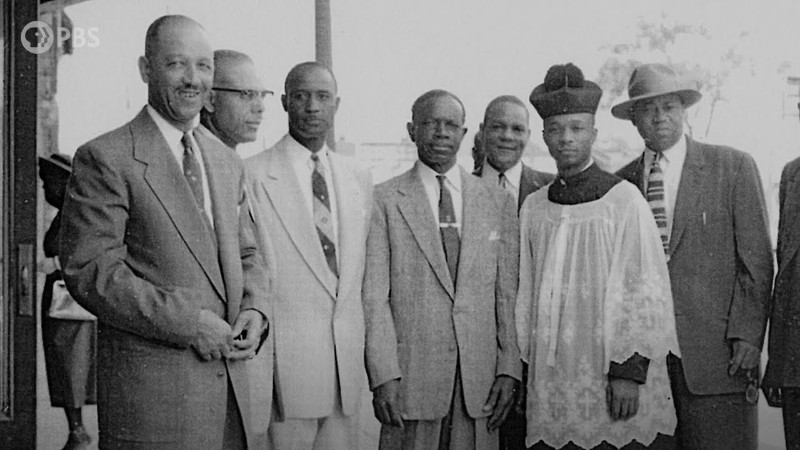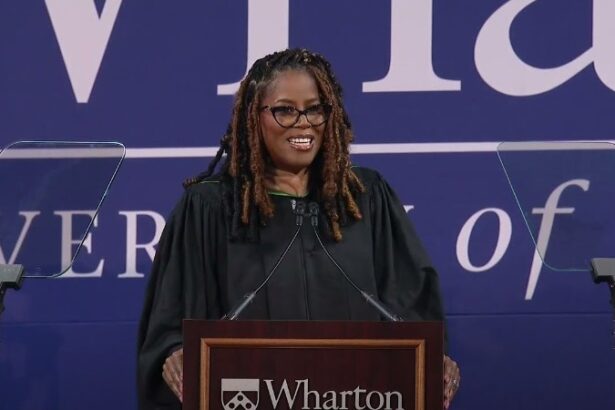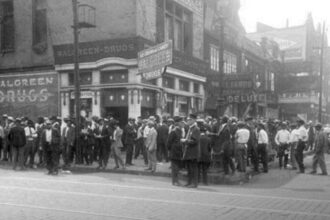When people talk about the Great Migration, they usually focus on labor—the wave of Black Southerners heading north to snag factory jobs and escape Jim Crow. But there’s a powerful part of that story we don’t hear enough about: the Black entrepreneurs who didn’t just look for jobs—they built legacies.
These business-minded migrants came to cities like Detroit not just to survive, but to thrive. Fleeing racial terror and closed doors in the South, they carved out new opportunities for freedom and ownership in the North.
Entrepreneurs like Willis Eugene Smith and Berry Gordy Sr. didn’t just chase a paycheck—they laid down roots and opened doors for others. Smith started a funeral home. Gordy, after being harassed in Georgia for a large business check, opened a grocery store and contracting business in Detroit, setting a foundation for a family legacy that would shape American music.
Thriving, then targeted
By the 1920s, Detroit’s Black population exploded, and so did the need for culturally specific services—grits from the Home Milling Company, linens from Supreme Linen and Laundry, and countless restaurants, hotels, and salons. These weren’t just businesses—they were survival networks, cultural anchors, and stepping stones to generational wealth.
There is quite a large demand… and the concern is doing a fair volume of business. Their cornmeal is made from specially selected white corn… Southern Negroes… do not relish meal made from yellow corn.
Detroit Bureau of Governmental Research, 1926
Black women played a key role too. The Detroit Housewives’ League, with over 10,000 members, actively boosted Black-owned businesses through expos, education, and buying power. By the 1940s, Detroit had more Black-owned businesses than any other U.S. city.
But this legacy was disrupted. Urban renewal and freeway construction bulldozed thriving neighborhoods like Black Bottom and Paradise Valley, erasing hard-earned progress and cutting off future wealth.
Key takeaways
Impact: The destruction of Detroit’s Black business districts stripped generations of Black families of wealth and opportunity, reinforcing today’s racial wealth gap.
Action: Black entrepreneurs must document and protect their legacies while tapping into alternative funding and cooperative ownership to resist displacement and systemic erasure.
Empowerment: We can build power by reviving the spirit of collective economics—supporting Black businesses, forming buying clubs, and creating community-centered wealth networks that are harder to dismantle.








